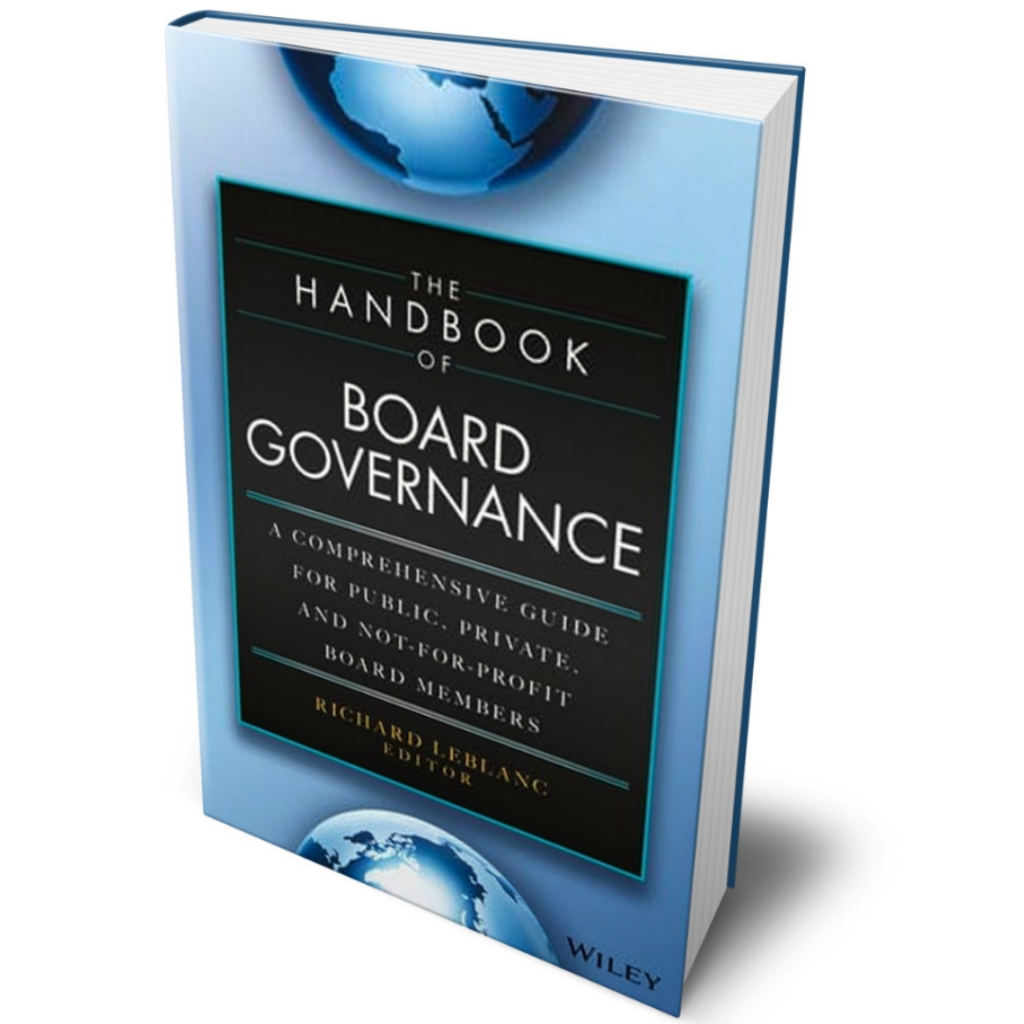Adam’s books help leaders navigate the small-cap world
This book is the first of its kind resource created specifically for small-cap corporate directors. The Perfect Corporate Board addresses a long-standing void in corporate governance scholarship. Though nearly 80 percent of the public companies in the U.S. have less than a $500M market capitalization, corporate governance best practices have historically been one-size-fits-all.
As a result of one-size-fits-all governance practices, small-cap companies are routinely stymied by unique governance issues for which there has been no objective, practical guidance. Just as operating a $100 million company is a vastly different undertaking than operating a $100 billion company, governing the two different sized companies is different as well. By failing to collectively acknowledge this distinction, the historic one-size-fits-all approach to corporate governance has handicapped the biggest sources of American jobs – small-cap companies.


This book provides comprehensive, expert-led coverage of all aspects of corporate governance for public, nonprofit, and private boards. Written by collaboration among subject matter experts, this book combines academic rigor and practitioner experience to provide thorough guidance and deep insight. From diversity, effectiveness, and responsibilities, to compensation, succession planning, and financial literacy, the topics are at once broad-ranging and highly relevant to current and aspiring directors. The coverage applies to governance at public companies, private and small or medium companies, state-owned enterprises, family owned organizations, and more, to ensure complete and clear guidance on a diverse range of issues. An all-star contributor list including Ram Charan, Bob Monks, Nell Minow, and Mark Nadler, among others, gives you the insight of thought leaders in the areas relevant to your organization.
Adam J. Epstein contributed Chapter 36, entitled, “Systemically Overlooked Anomalies of Governing Small-Cap Companies.”
"*" indicates required fields
© 2010 – 2025 Adam J. Epstein | Third Creek Advisors, LLC
Website by Hudson Collective
